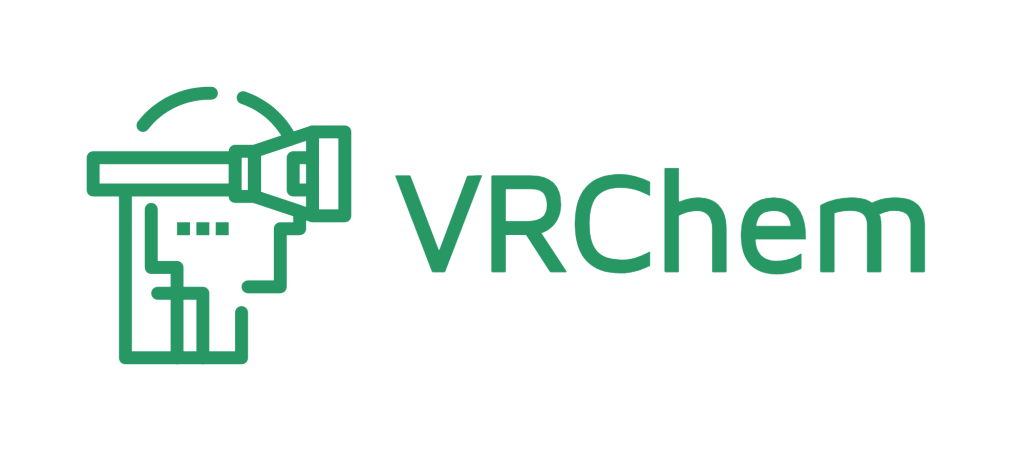University of Cádiz will be a partner in the international VRChem project consortium 21 October 2024
From 2024 to 2027, University of Cádiz will participate in the project entitled “VRChem: Innovative Integration of Virtual Reality in Chemical Engineering Education”. The implementation of the project, which has a budget of 400 thousand euros, will be financed by the Polish National Agency of the Erasmus+ Program under Action 2 of the Cooperation Partnerships. The leader of the project is the Faculty of Chemical Engineering and Technology at the Cracow University of Technology in Poland. The initiative will be carried out by an international consortium of universities that includes:
- Cracow University of Technology (Poland)
- Lodz University of Technology (Poland),
- University of Aveiro (Portugal),
- Politecnico di Milano (Italy),
- University of Cadiz (Spain).
– The VRChem project responds to the needs of contemporary education related to stimulating innovative learning and teaching practices, as well as supporting the digital and green capabilities of the higher education sector. In this context, virtual reality (VR) technology has significant potential as a tool that students and academics can use to visualize and interact with equipment and processes. – explains Manuel J. Díaz Villanueva, project coordinator of University of Cádiz.
Within the framework of the project, it is planned to be created by an inter-university community with extensive experience with virtual reality technology, modern educational materials, training and subject content for teaching chemical engineering. This is a scientific discipline whose achievements meet the needs of industry, energy-saving technologies, as well as environmental protection. The development and teaching of chemical engineering is inevitably linked to the performance of experiments, which are often limited by the speed of reaction, the cost and size of equipment, the safety of participants and other practical issues. VR technologies, which are highly immersive, interactive and highly sensory, come to the rescue. They are a good medium for presenting three-dimensional objects and concepts that can be used effectively in teaching students to become competent engineers.
A key aspect related to the implementation of VR technology in teaching is professional support in particular for lecturers and academics who have not previously had experience in a VR environment. The project will develop a framework course program with VR, including methodology and training materials for academics who want to organize classes using VR technology instead of traditional methods. The leader of this task will be the METID group from Politecnico di Milano, which specializes in the area of teaching methodologies using VR.
Another equally interesting task in the project is the creation of a VR platform dedicated to teaching issues related to chemical engineering. – Practical and engaging exercise scenarios in a virtual environment will allow students to interactively explore complex chemical processes, which will increase their engagement in the learning process. Realistic 3D representation of chemical plants allows for testing of equipment systems before their actual installation, detecting potential design errors and making corrections at early stages and spatial planning of industrial processes. This allows for a better understanding of how individual elements of the installation will function in reality. VR allows users to learn in a safe, controlled and risk-free environment. – clarifies Manuel J. Díaz Villanueva, project coordinator of University of Cádiz.
Another planned functionality of the platform will be the ability to virtually explore devices by “dissecting” them and observing the processes taking place. This is practically unfeasible when using an actual device, which is often made of materials that make it impossible to look inside. What is noteworthy is that the VR platform will operate in an open environment, where anyone, after registering, will be able to explore the posted materials. The highly responsive challenge of creating the platform was entrusted to specialists from the VOXEL Research Lab at the Technical University of Lodz in the field of immersive technologies, as well as from DigiMedia at the University of Aveiro in the area of interactive technologies.
The created educational and training materials for students and academics, as well as the VR platform, will be tested at each of the project’s partner universities. Of course, it is also planned to purchase a dozen sets of equipment necessary for pilot training and subsequent exploration in the course of teaching VR technology. Certainly, the results achieved in the project will help academics make teaching chemical engineering more interesting. In addition, the students’ experiences gained through VR will allow them to develop their skills, which will better prepare them for future professional challenges.
Projects carried out under the Cooperation Partnership in Erasmus+ Program contribute to the internationalization of the university, the development of new teaching methods and tools, and build a network of international contacts between employees, which is also valuable for the development of scientific cooperation.




